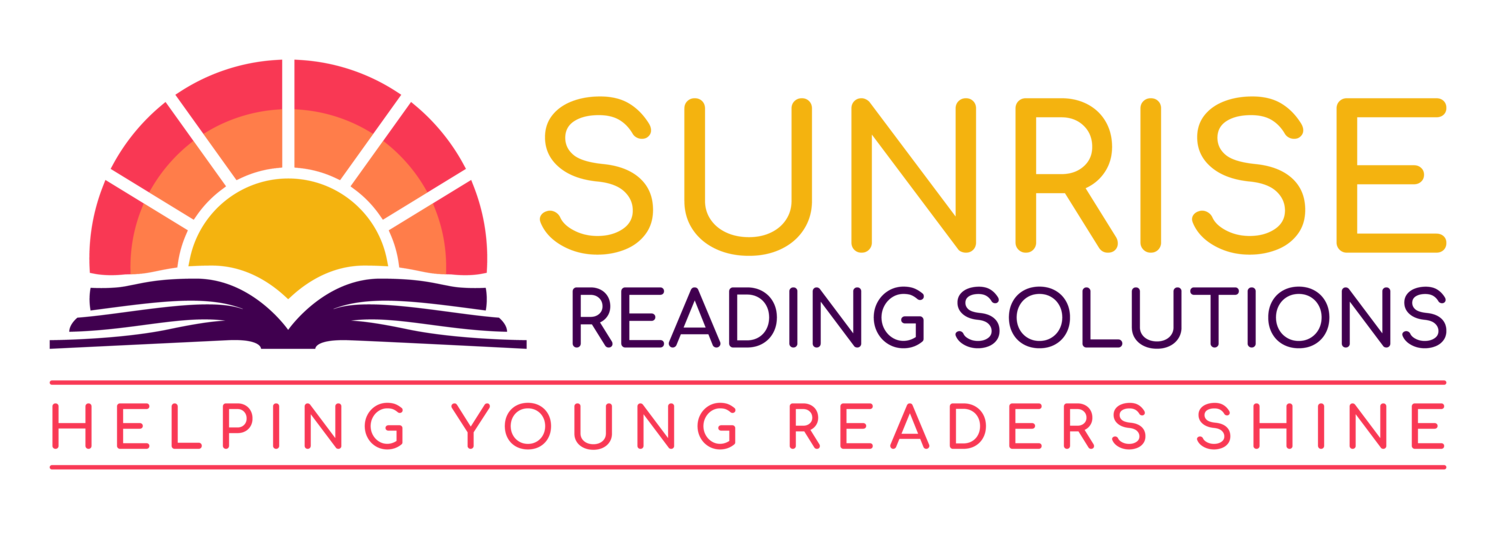What is Dyslexia?
Does your child struggle with reading, spelling, or writing, despite loads of practice? Are they constantly frustrated by a lack of fluency despite their best efforts? It may seem like the ultimate puzzle why your bright, intelligent child just can’t seem to get the hang of reading fluency no matter how hard they try.
Your child isn’t alone. Dyslexia is a condition that affects an estimated 20% of the population. While this condition is incurable, it’s not impossible to overcome. With patience and added support, children with dyslexia can thrive.
Here’s what you should know about dyslexia and how it impacts your child. Once you understand more about the condition, you’ll be better able to help your child as they grow and learn.
What Is Dyslexia?
Dyslexia is a type of learning disability that makes learning language skills difficult. People with dyslexia struggle to learn how to associate letters and their corresponding sounds. It’s not a hearing problem or a vision problem, but it is a reading and processing problem.
Dyslexia is most often associated with children, but adults can have dyslexia, too. Some people aren’t diagnosed with dyslexia until they’re adults. However, a late-in-life diagnosis can mean that years of struggling with an undiagnosed disability could wreak havoc on your self-esteem.
This is why an early diagnosis is so important. Dyslexia isn’t curable, but with early assessment and intervention, children with dyslexia can still thrive.
Symptoms of Dyslexia
While it’s true that those with dyslexia may not process letters and words the same way as others do, it’s a myth that they see and read everything backwards. Often, parents fail to suspect dyslexia in their child because they don’t know the symptoms to watch out for.
Difficulty learning to read is only one symptom of dyslexia. Difficulty in learning to spell, learning a foreign language, and remembering the things they read or sound are also potential symptoms of dyslexia.
A child struggling with dyslexia may also suffer from poor handwriting and have a strong aversion to doing tasks regarding reading or writing. Living with undiagnosed dyslexia can lead to frustration, anger, and even behavioral problems in the classroom.
Remediation For Dyslexia
While early intervention is essential, it’s crucial to follow up with treatments depending on your child’s age and ability. Tutoring, additional support in the classroom, and a multisensory approach to learning can all help those with dyslexia succeed in their education.
Practice outside of the classroom is also extremely useful for students with dyslexia. Evidence-based reading programs and other accommodations paired with one-to-one tutoring provides excellent results in many children with dyslexia.
Parents who take an active and early role in their child’s dyslexia treatment can help play a critical role in their child’s success. Don’t be afraid to seek out help for your child at any age. The benefits will be worth it.
Causes of Dyslexia
While scientists aren’t sure what causes dyslexia, there are several theories. It can often run in families, which means it could be hereditary. Many parents of children with dyslexia also have dyslexia. Sometimes, multiple siblings within the same family are diagnosed with the condition.
Although they aren’t sure why dyslexia occurs, scientists agree that early intervention can make a huge impact. By learning to live and work with dyslexia from an early age, people with dyslexia can overcome many challenges and have successful and enriching lives.
Whatever the cause of dyslexia is, one fact remains:hen given adequate support and tutoring, children with dyslexia can thrive and grow in their learning environment.
Myths and Misconceptions About Dyslexia
Even though dyslexia is so common, many people still largely misunderstand it. As a result, there are many misconceptions and myths about dyslexia that you may have heard.
The biggest misconception about dyslexia is that bright children can’t have dyslexia. In truth, dyslexia is an unexpected inability to decode language to read fluently properly. Many brilliant people have had dyslexia, including people at the top of their fields.
Despite dyslexia research, some people still think that it’s something that a child will outgrow or that’s fixed with reading glasses. Unfortunately, there is no cure or easy fix for dyslexia, but the right tools can help children thrive and overcome the difficulties that dyslexia can pose.
Get Your Child Help With Reading
Whether your child struggles with dyslexia or any other learning disability, giving them the tools they need to succeed with reading can make all the difference. One-to-one tutoring for reading can help slow readers, children with dyslexia, or any child who lacks the confidence to be a great reader.
Early intervention is critical when it comes to growing a successful reader. With the right approach and tools for success, any struggling reader can see improvement. Sunrise Reading Solutions can help your struggling reader achieve academic success without so much pressure and stress on you as the parent. Our customized approach is sure to help your student achieve great things, regardless of any difficulties they are currently facing.
Contact us for more information on getting reading help for your struggling or reluctant reader. Even if dyslexia isn’t a problem for your child, extra reading assistance can help build a stable reading foundation for a brighter future.

